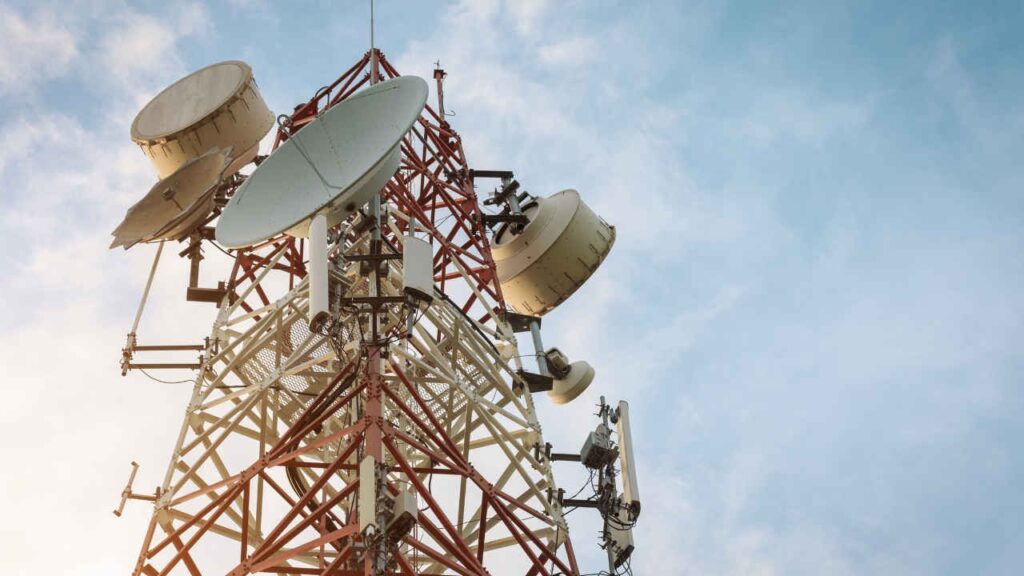Following India’s retaliatory strikes on terrorist bases in Pakistan after the Pahalgam terror attack, tensions between the two countries have escalated. In response, the Department of Telecommunications (DoT) has issued instructions to both private and government telecom companies to be ready for disaster-level situations. Emphasizing the need for enhanced security measures, the DoT has particularly highlighted the risk of potential cyber attacks targeting telecom networks.
The Ministry of Communications has mandated that telecom operators like Airtel, Jio, BSNL, and Vi work together to ensure that network services remain uninterrupted during these critical times.

Focus on Border Areas and Infrastructure Safety
As part of the heightened alert following Operation Sindoor, telecom companies have been instructed to prioritize border regions. They are required to update lists of critical infrastructure and installations, ensuring their security and operational continuity in case of emergencies. Additionally, telecom companies are advised to keep sufficient reserves of diesel for backup power generation, ensuring that telecom infrastructure can operate without interruption during power failures.
Strategic Deployment and Team Readiness
Telecom operators have also been told to strategically position reserve teams, including repair crews with necessary spares, to facilitate the swift restoration of telecom services in emergencies. The Ministry of Telecommunications has emphasized the importance of maintaining Base Transceiver Station (BTS) locations within 100 kilometers of international borders, ensuring that they function smoothly during security crises or disasters.
Ensuring Communication Continuity During Crises
To prevent disruptions in communication during emergencies, telecom operators are urged to maintain connectivity at Emergency Operations Centers (EOCs) at both the state and district levels. The DoT has also stressed the importance of adhering to the Standard Operating Procedures (SOP) set in 2020, requiring immediate compliance and proactive measures from telecom companies.
Collaboration with State Governments and Logistics Support
The DoT has directed all Local Service Area (LSA) heads to coordinate with state governments to facilitate the smooth movement of telecom logistics during emergencies. This includes ensuring the protection and efficient transport of essential telecom equipment.
Activation of Intra-Circle Roaming (ICR) Services
In the event of a disaster, telecom companies typically activate intra-circle roaming (ICR) services to prevent connectivity issues for users. This system, which allows users to connect with any telecom operator’s network, ensures that they can still make calls even if their own network is unavailable. For example, during the cyclone in Orissa last year, the activation of ICR allowed seamless communication for users, demonstrating its effectiveness in emergency situations.
The DoT has also instructed telecom operators to test their ICR services and submit requests for activation in compliance with regulations. By doing so, telecom companies can ensure that users experience minimal disruption during times of crisis.
